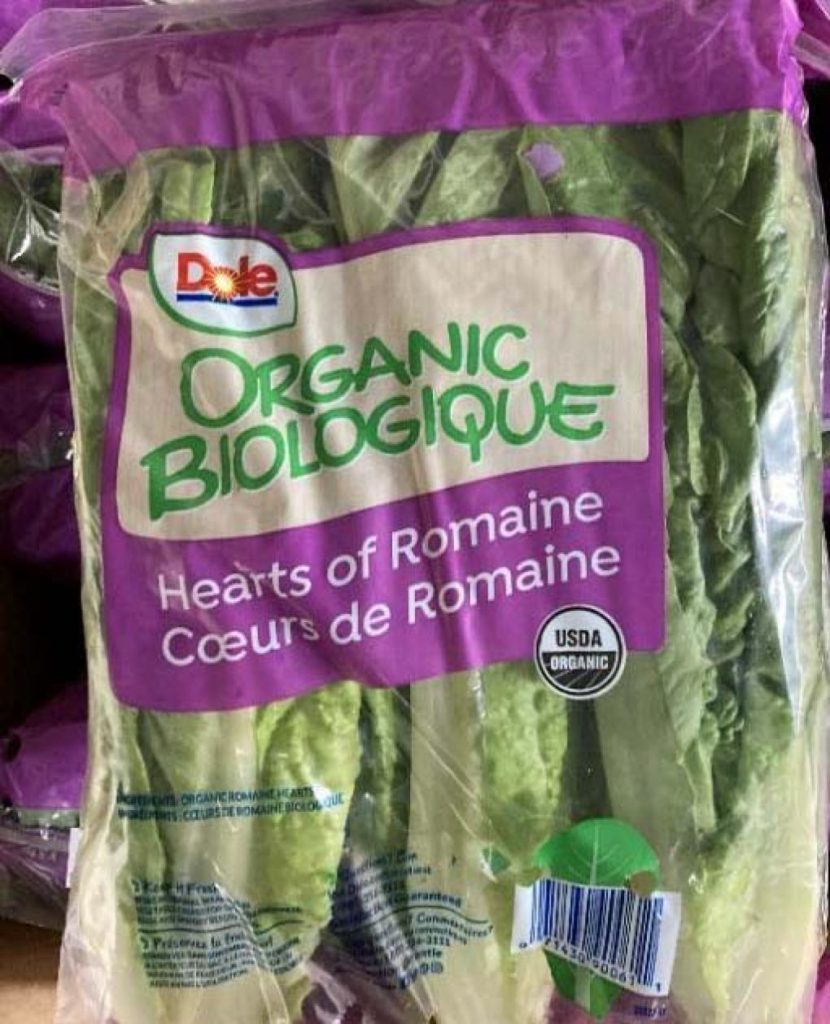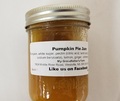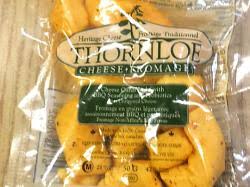The FDA announced on its website that Dole Fresh Vegetables, Inc. voluntarily recalls a limited number of cases of organic romaine hearts. The recall is being conducted due to a possible risk from E. coli in Dole™ Organic Romaine Hearts 3pk, and Wild Harvest Organic Romaine Hearts 12oz bag. No illnesses have been reported to date in association with the recall. The products were distributed in AZ, HI, IA, IL, IN, KS, MD, MI, MN, MO, MS, MT, NC, ND, and VA. The products were harvested and packed nearly four weeks ago and should no longer be in commerce. An isolated package of Dole™ Organic Romaine Hearts – 3pk yielded a positive result for pathogenic non-O157 E.coli STEC in a routine sample collected at a retail store by the Michigan Department of Agriculture and Rural Development. @ https://www.fda.gov/safety/recalls-market-withdrawals-safety-alerts/dole-fresh-vegetables-announces-limited-recall-organic-romaine-hearts
ruth
Dole Fresh Vegetables, Inc. is voluntarily recalling a limited number of cases of organic romaine hearts. The products being recalled are Dole™ Organic Romaine Hearts 3pk (UPC 0-71430-90061-1), combined English/French packaging, with Harvested-On dates of 10-23-20 and 10-26-20, and Wild Harvest Orga
ruth
The CFIA announced that My Grandfather’s Farm in Westville, Nova Scotia recalled My Grandfather’s Farm brand Pumpkin Pie Jam from the marketplace because it may allow Clostridium botulinum growth. This recall was triggered by the Canadian Food Inspection Agency (CFIA) test results. There have been no reported illnesses associated with the consumption of this product. The recalled products come in 250-milliliter jars and do not have a UPC number. The labels on the affected products are dated Sep. 10, 2020. @ https://www.inspection.gc.ca/food-recall-warnings-and-allergy-alerts/2020-11-20/eng/1605894173720/1605894179669
My Grandfather’s Farm is recalling My Grandfather’s Farm brand Pumpkin Pie Jam from the marketplace because it may permit the growth of Clostridium botulinum. Consumers should not consume the recalled product described below.
ruth
The Canadian Food Inspection Agency announced the recall of Thornloe White Cheese Curds due to generic E. coli. The presence of E. coli contamination can result in risks of Gram-negative bacterial infection. The Ontario establishment recalled certain lots of Cheddar White Cheese Curds, Dill White Cheese Curds, Caramelized Onion White Cheese Curds, and Herb & Garlic White Cheese Curds. @ https://healthycanadians.gc.ca/recall-alert-rappel-avis/inspection/2020/74377r-eng.php
Information for Thornloe brand White Cheese Curds recalled due to generic E. coli
The FDA announced the launch of a multi-year study to improve food safety through an enhanced understanding of human pathogens’ ecology in the environment that may cause foodborne illness outbreaks. Partners to this initiative include the California Department of Food and Agriculture (CDFA), the University of California, Davis, Western Center for Food Safety (WCFS), and agricultural stakeholders in the Central Coast of California. The study follows a series of outbreaks in California due to E. coli in leafy green. To prevent future infections, there is a need to address knowledge gaps. The multi-year study will examine how pathogens survive and move through the environment and contaminate produce through water quality and food safety. This study’s findings will contribute new knowledge on how various environmental factors may influence bacterial persistence and distribution in this region and how those factors may impact the risk of leafy greens becoming contaminated. This collaboration will lead to improved practices to prevent or mitigate food safety risks and ultimately enhance the safety of leafy greens grown in California. @ https://www.perishablenews.com/produce/fda-partners-with-the-california-department-of-food-and-agriculture-western-center-for-food-safety-and-california-agricultural-stakeholders-to-enhance-food-safety/
The U.S. Food and Drug Administration is announcing the launch of a multi-year study to improve food safety through enhanced understanding of the ecology of human pathogens in the environment that may cause foodborne illness outbreaks. …




